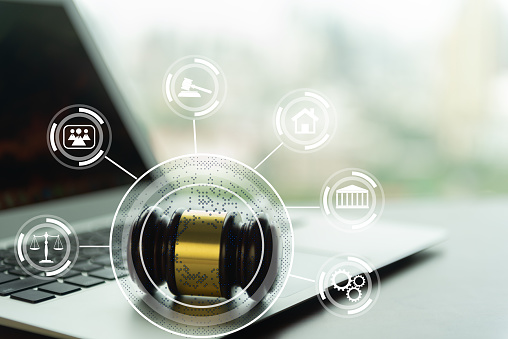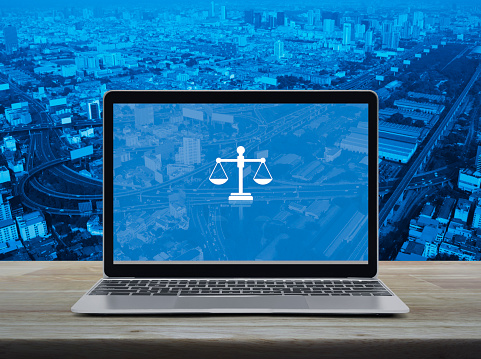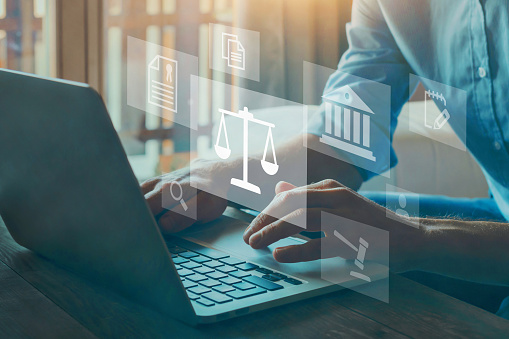
Courts that have traditionally operated in physical halls have been forced to transition to virtual screens on desktop computers, laptops, and smartphones. But how clever or truthful such a mouse operandi for delivering justice is now a moot point.
Since the year 2020, the mode and manner of dispensing justice in Indian courts, as well as those in many other parts of the world, has undergone a sea change. The Covid-19 pandemic resulted in lengthy lockdown periods that nearly destroyed the “rule of law” created by man to set society right. Learn more on Hybrid Hearings here.
As it stands, courts at all levels of the hierarchy are swamped with ever-increasing litigation. The reasons for this colossal burden on courts are not difficult to find, whether they are bad laws, poor enforcement, or a blatant failure on the part of establishments to combat corruption. During this period of societal suspension, proceedings were largely curtailed or limited to those held via remote links. And, as proceedings resume following the lockdown, it is critical to consider the legality as well as the future of such remote proceedings.
Even three years ago, using technology to conduct trials and hear arguments from the confines of remote homes was unthinkable as a normative practice. Final hearings, as well as hearings involving contested evidence, will inevitably be held remotely using technology, because otherwise there will be no hearings and access to justice will be a mirage. The courts exist to settle disagreements. In all jurisdictions, the default position is that a hearing should be held with one, more than one, or all participants participating remotely.
Many questions arise in practice. Whether a particular hearing should be adjourned if the case cannot be heard in person, or whether a remote hearing should be held even if several parties to the case are involved? To answer this question, the continuation of the administration of justice must take precedence. Justice delayed is justice denied, even if the delay is due to a response to extenuating circumstances.

However, it is equally important for a court to remember that there will be cases where the court is not convinced that a fair evaluation of facts or resolution of disputes can be achieved through remote hearing. The court should evaluate the appropriateness of the nature of the proceedings on an individual basis.
Where appropriate, a virtual or remote hearing can only replicate some, not all, of the characteristics of a fully attended courtroom hearing which is a postage stamp image of a particular attendee at the remote hearing is definitely a poor substitute to seeing that person fully present in flesh and blood, in the court.

Much can be lost in a distant hearing. The use of technology between the viewers and those being viewed sterilizes the exchange, removing a critical dimension of human interaction. The entire experience becomes two-dimensional, both literally and metaphorically. It is simpler to deceive a machine than it is to deceive someone. Through a screen, the truth does not hit you as hard. The impact of both the main examination and the cross-examination is diminished. Vulnerable witnesses via video-link can be difficult to identify unless a close-up camera gaze is used. At a distance, it is difficult to detect subtle emotional cues. This is important not only for evaluating witness testimony, but also for proper client care and the ends of justice.

No Replies to "The Future Of Hybrid Hearings"